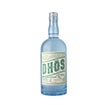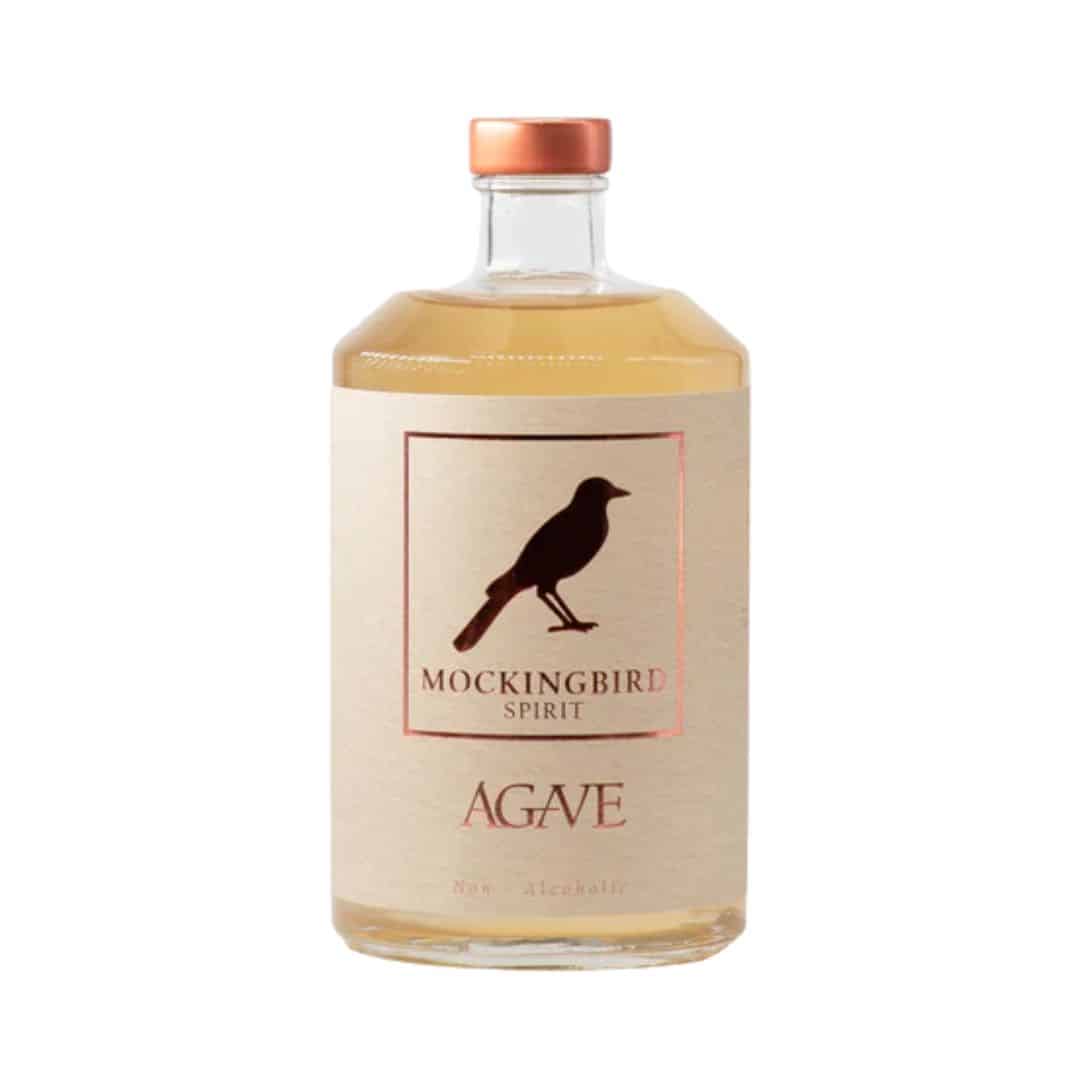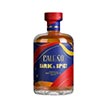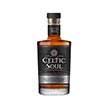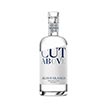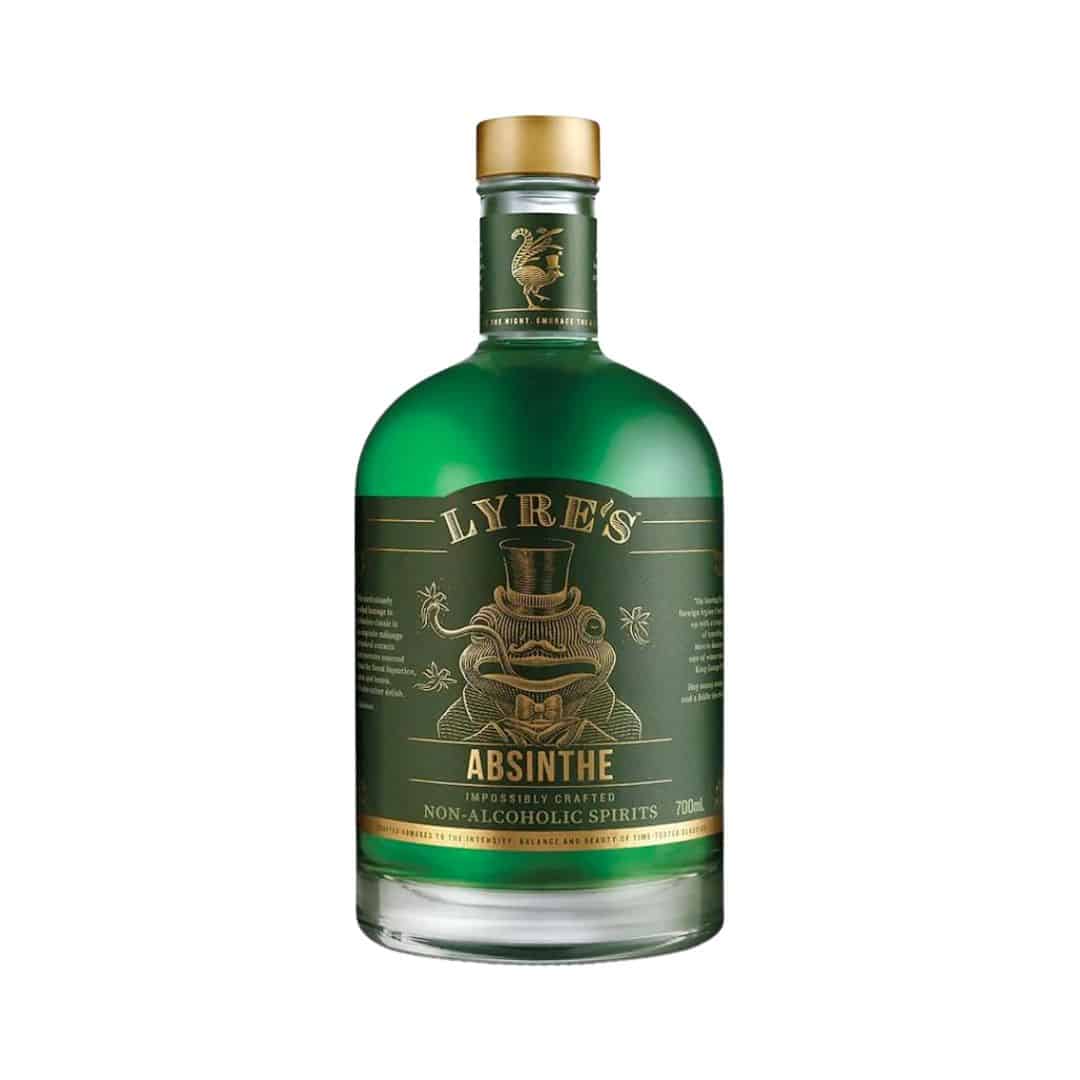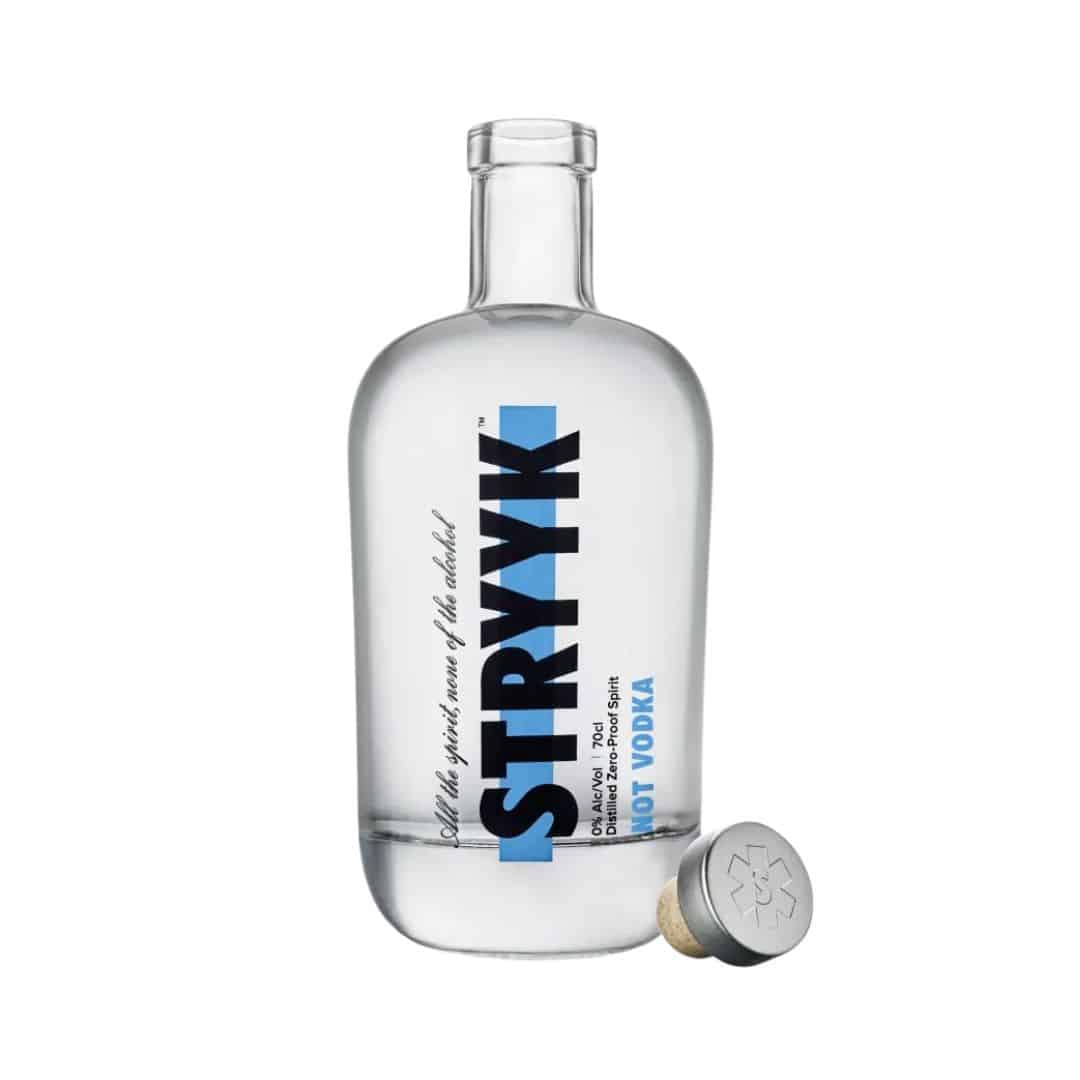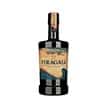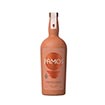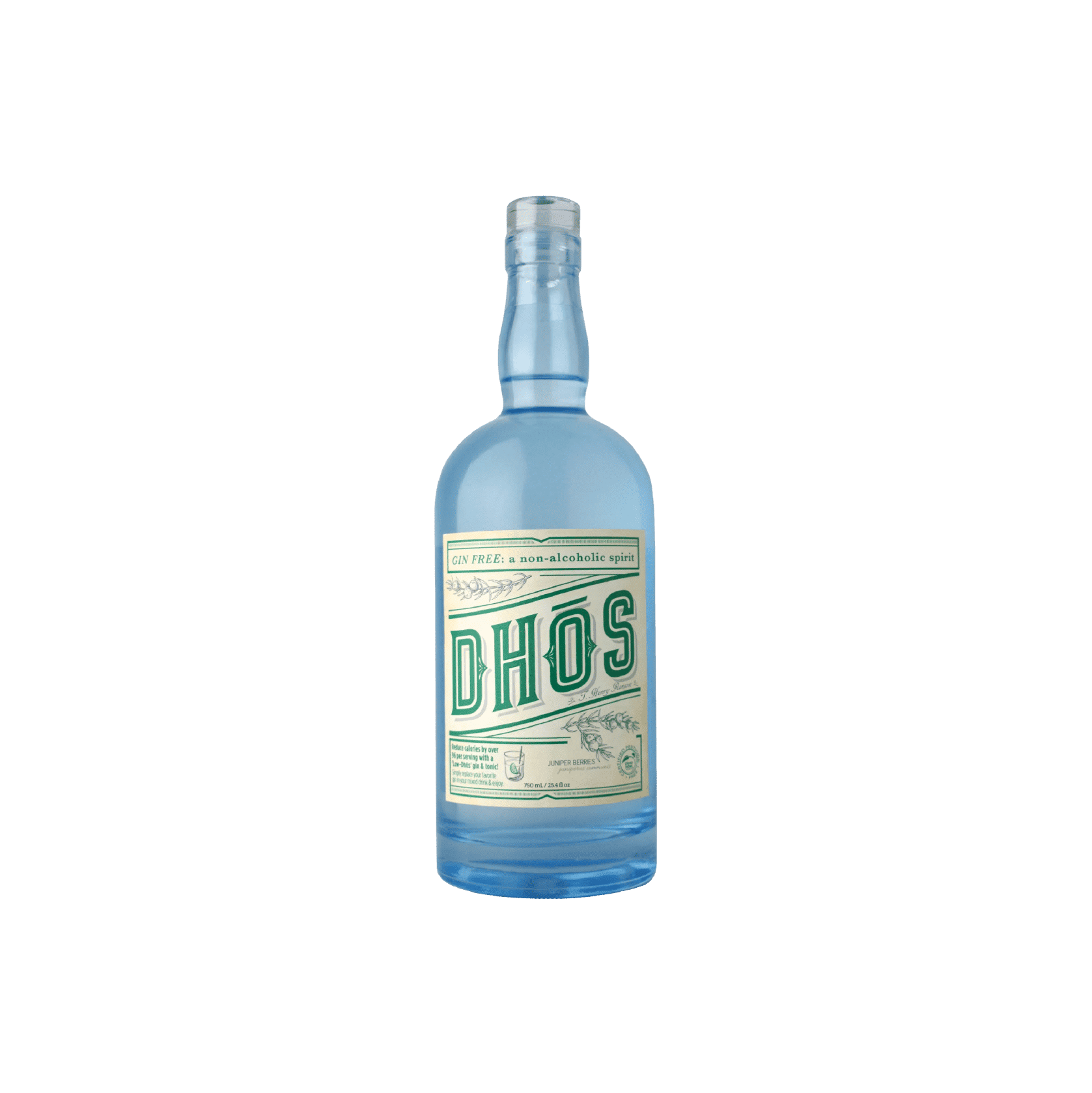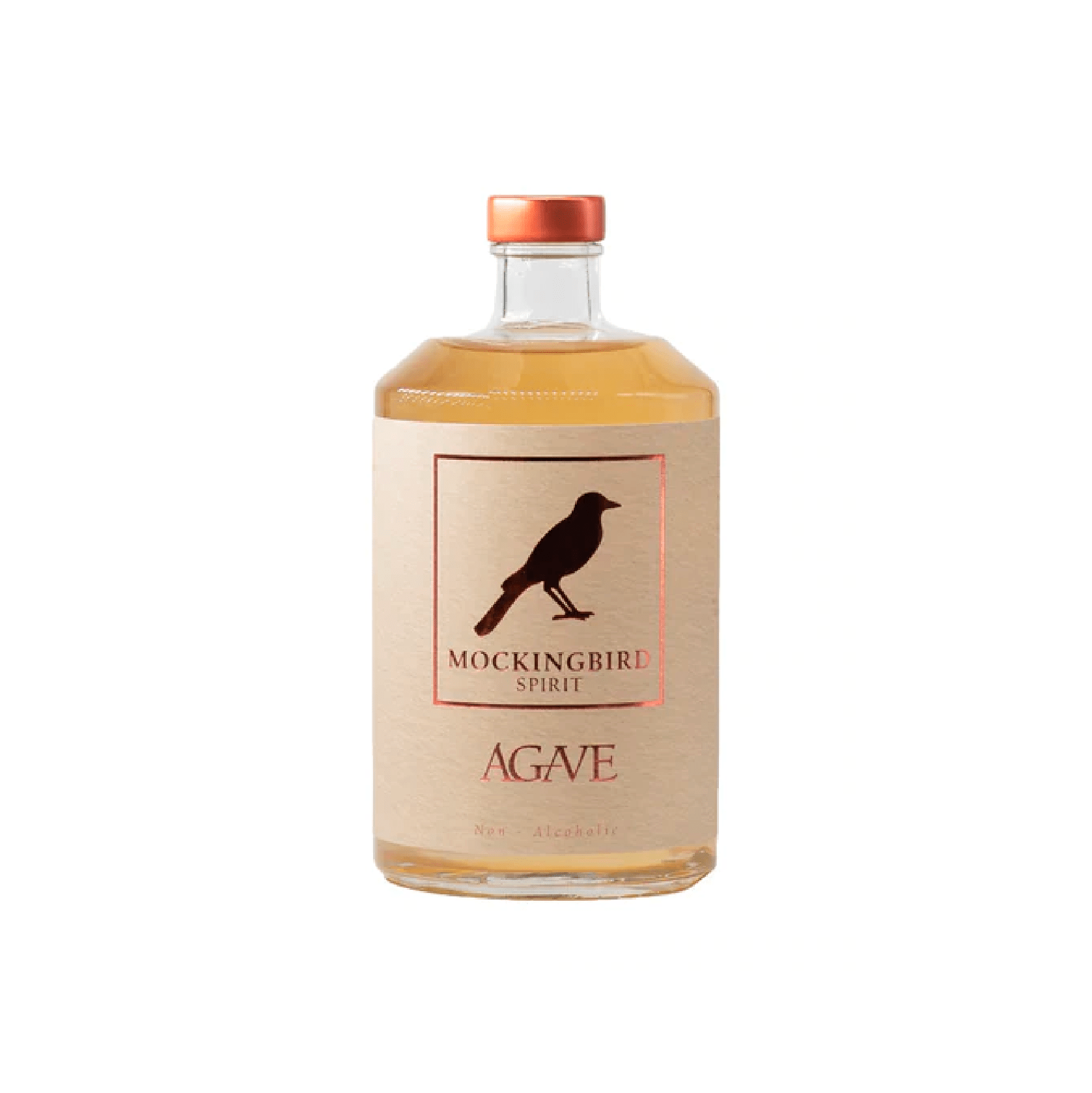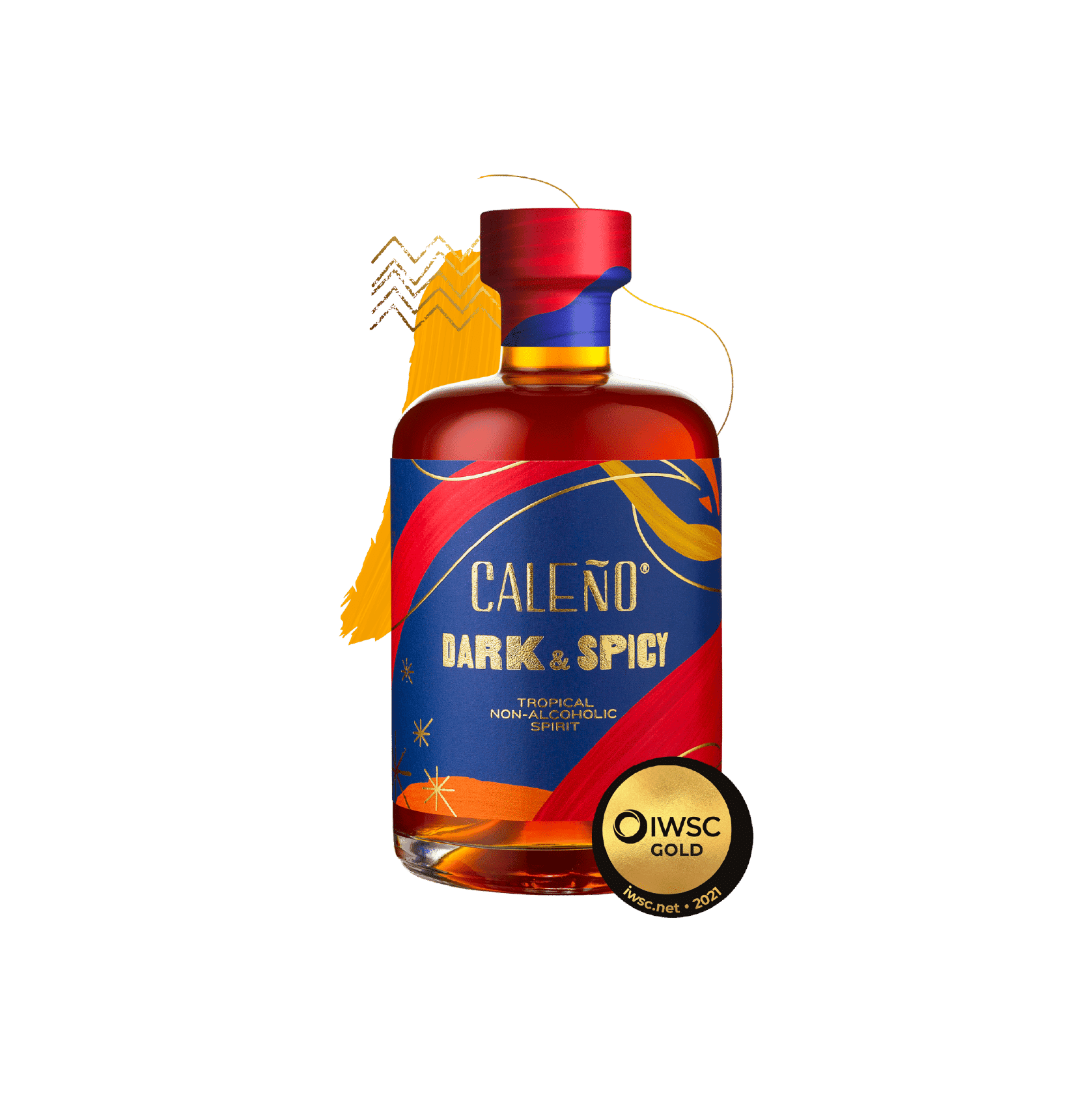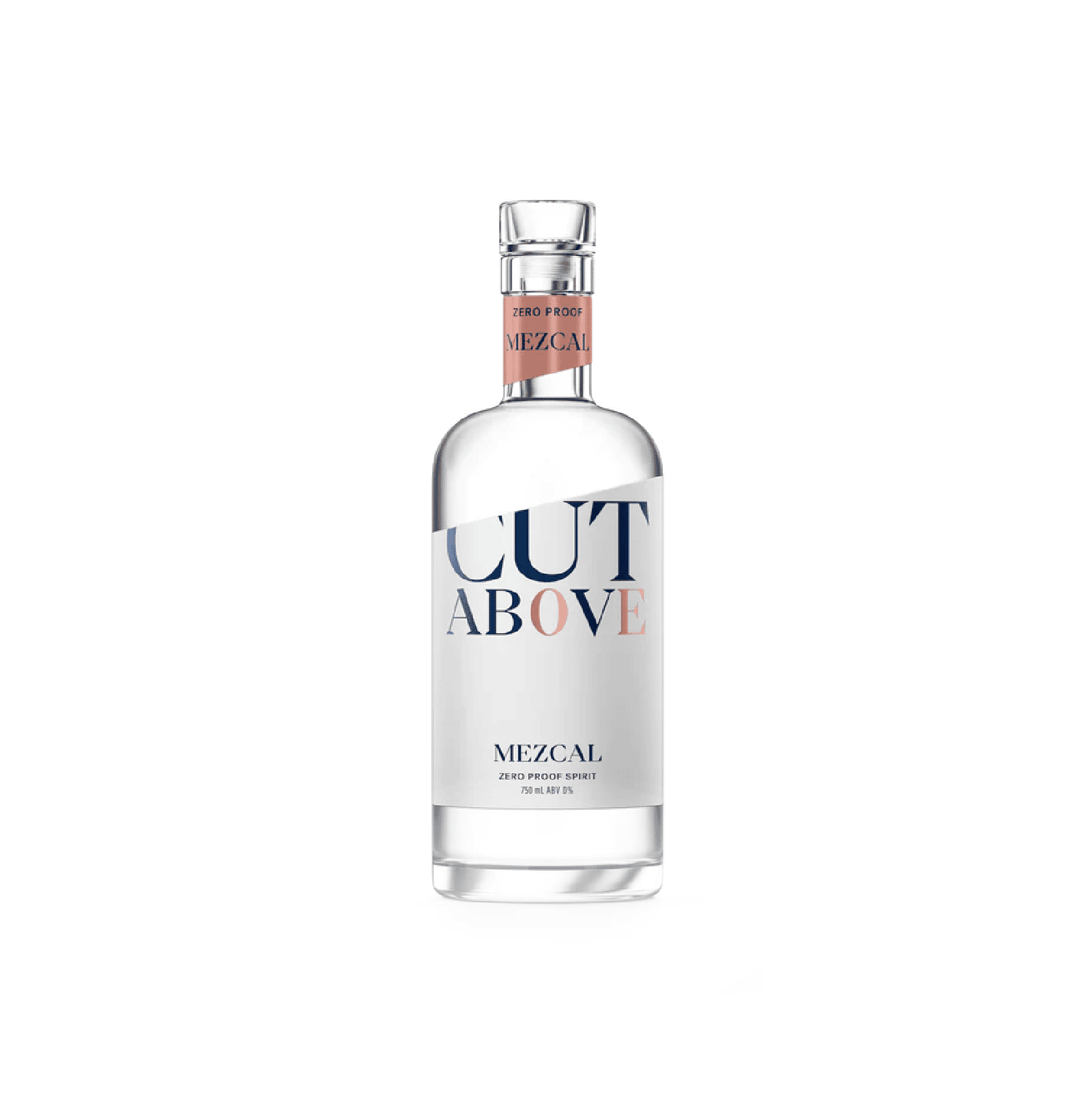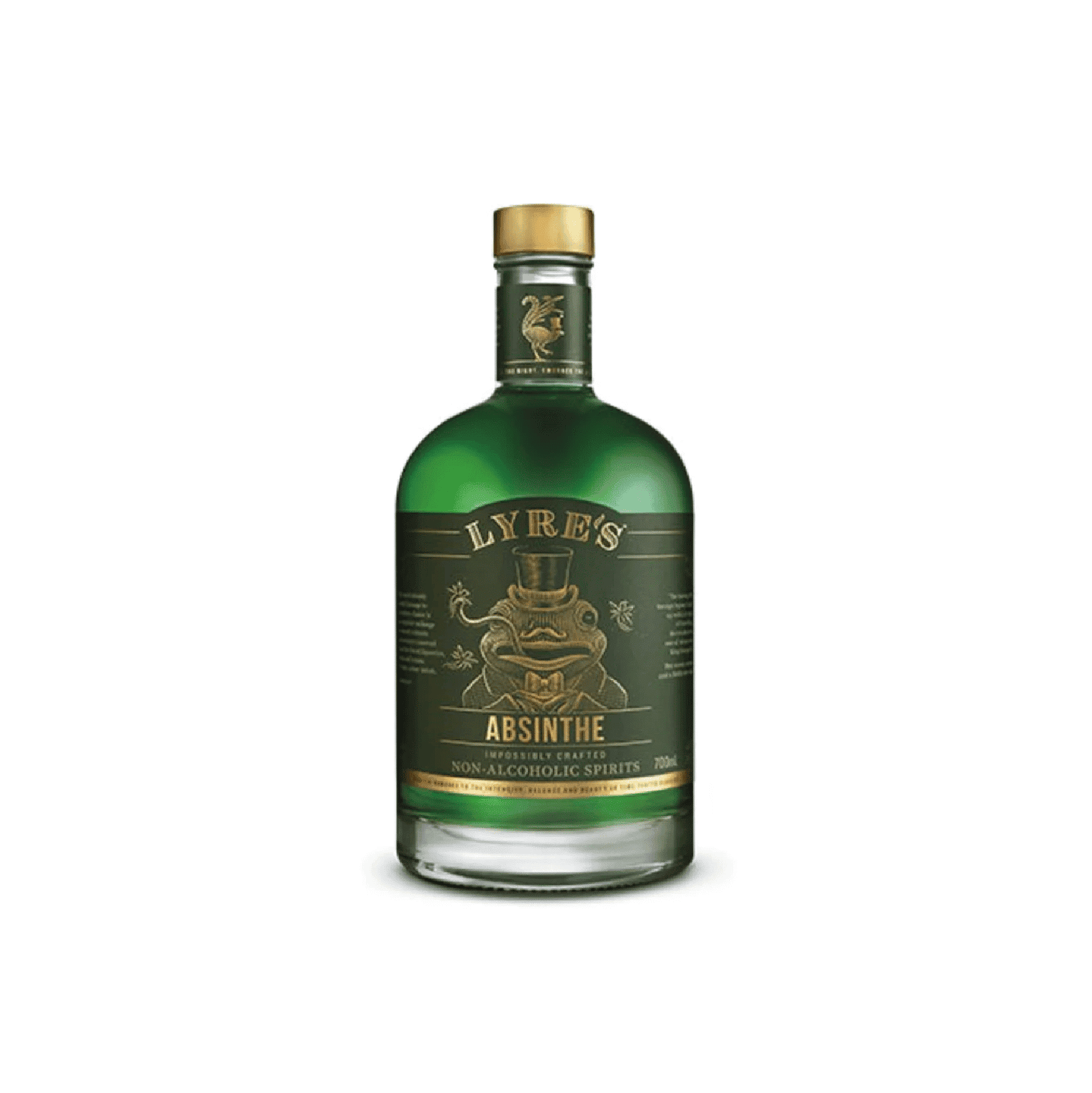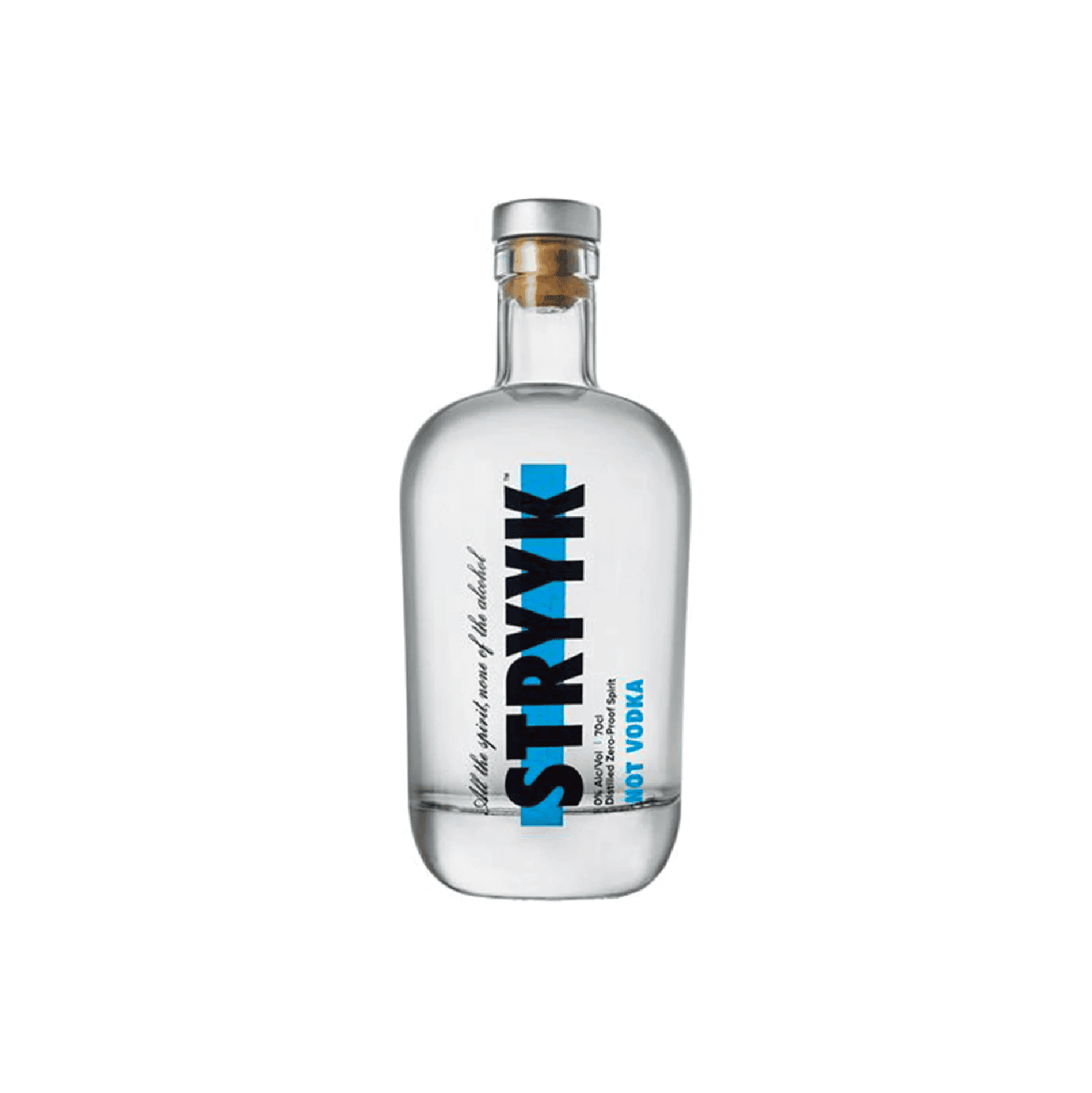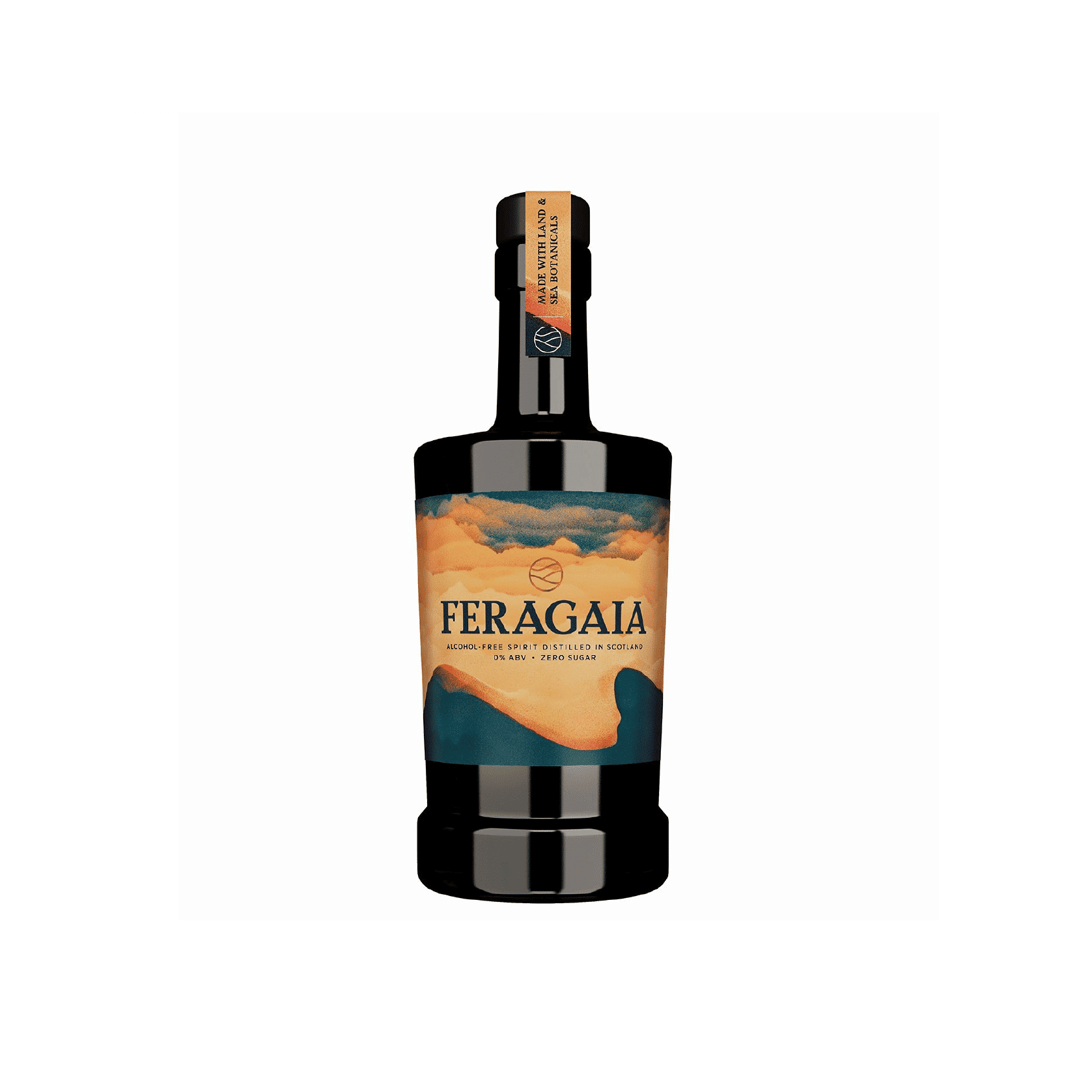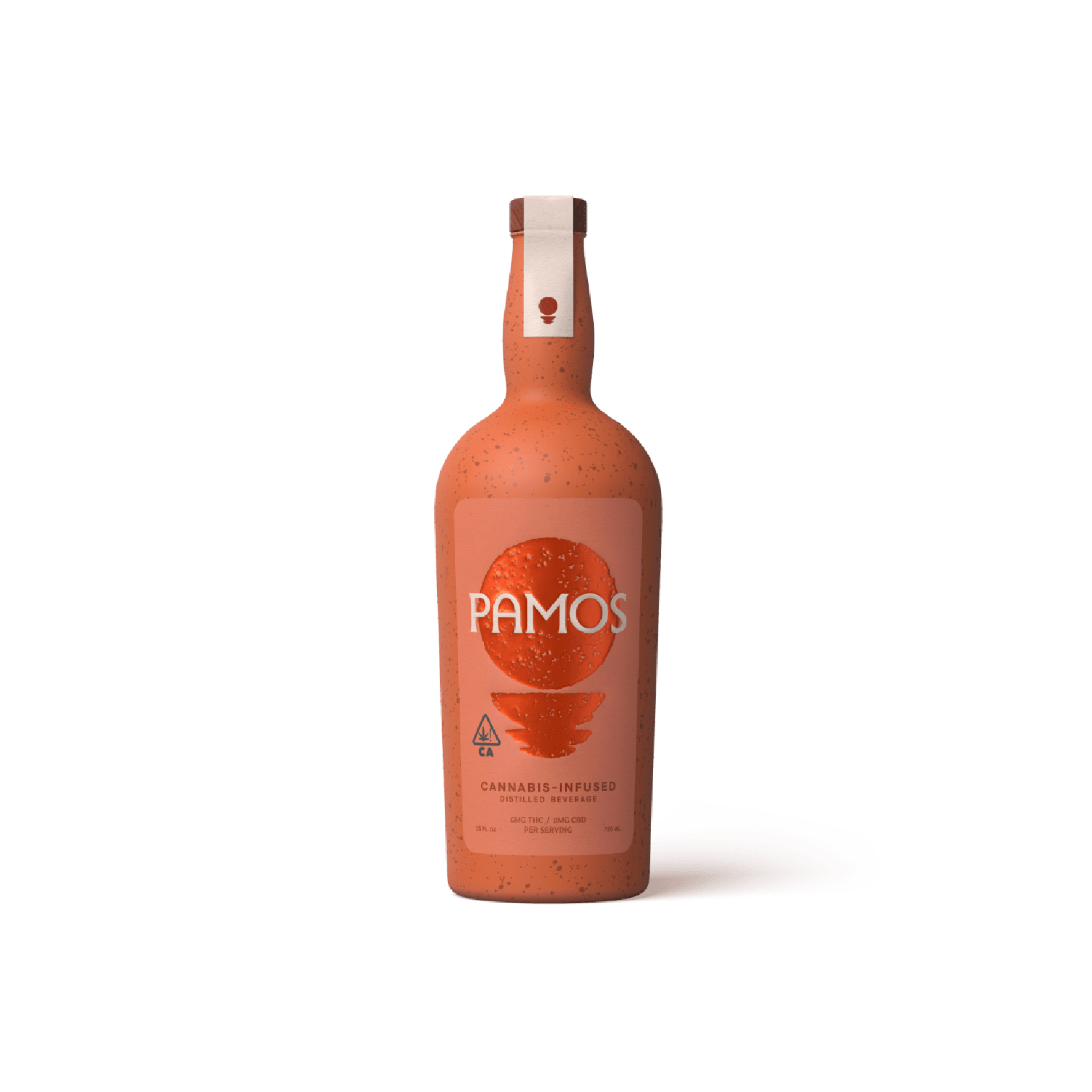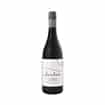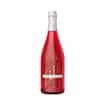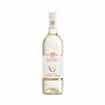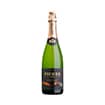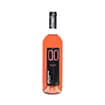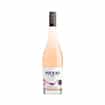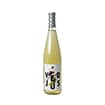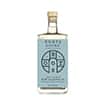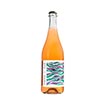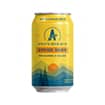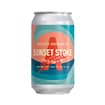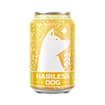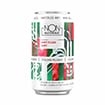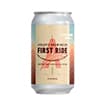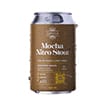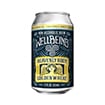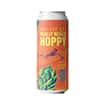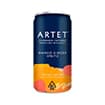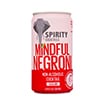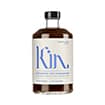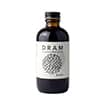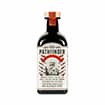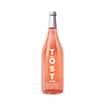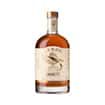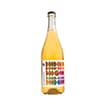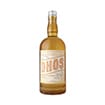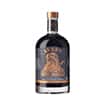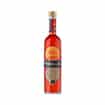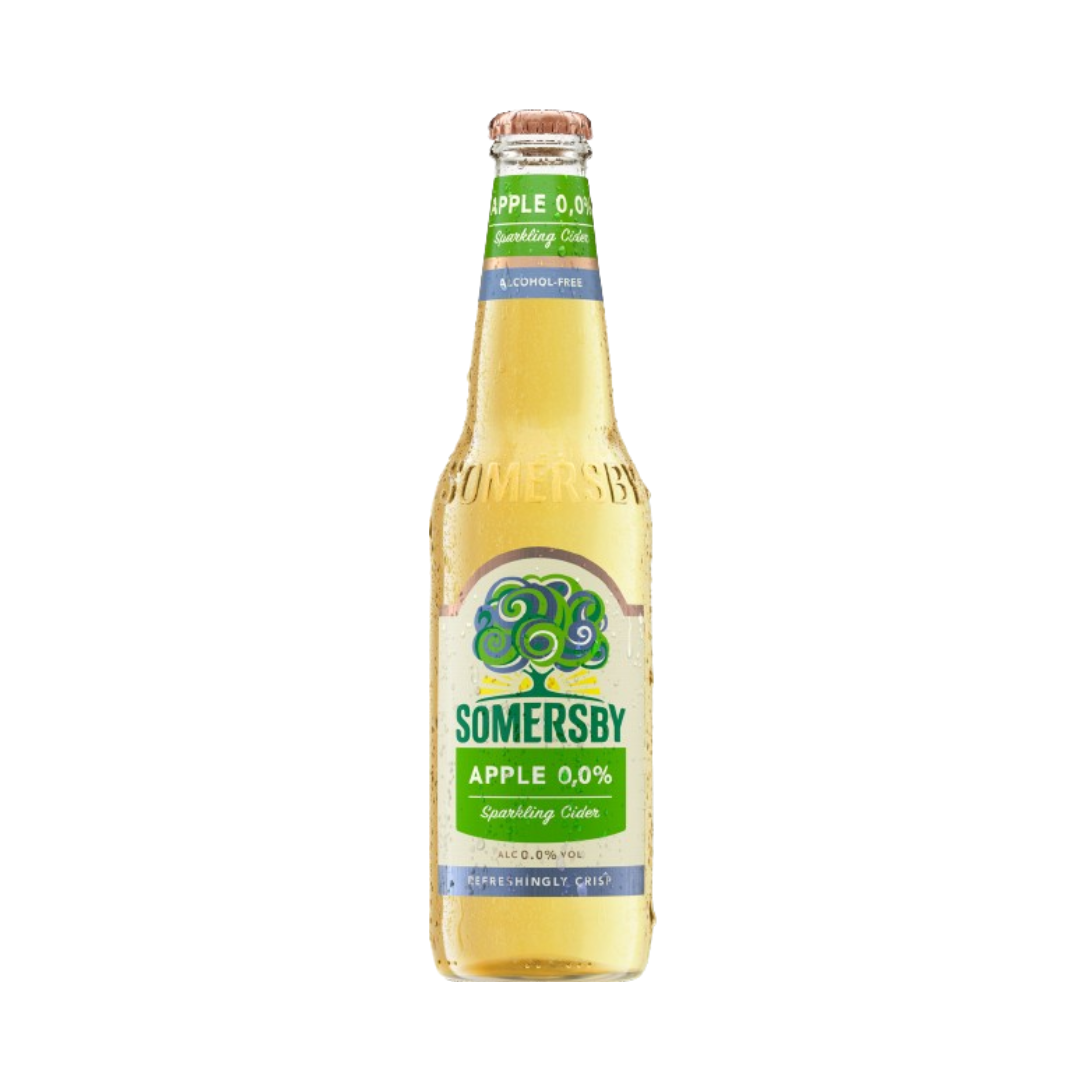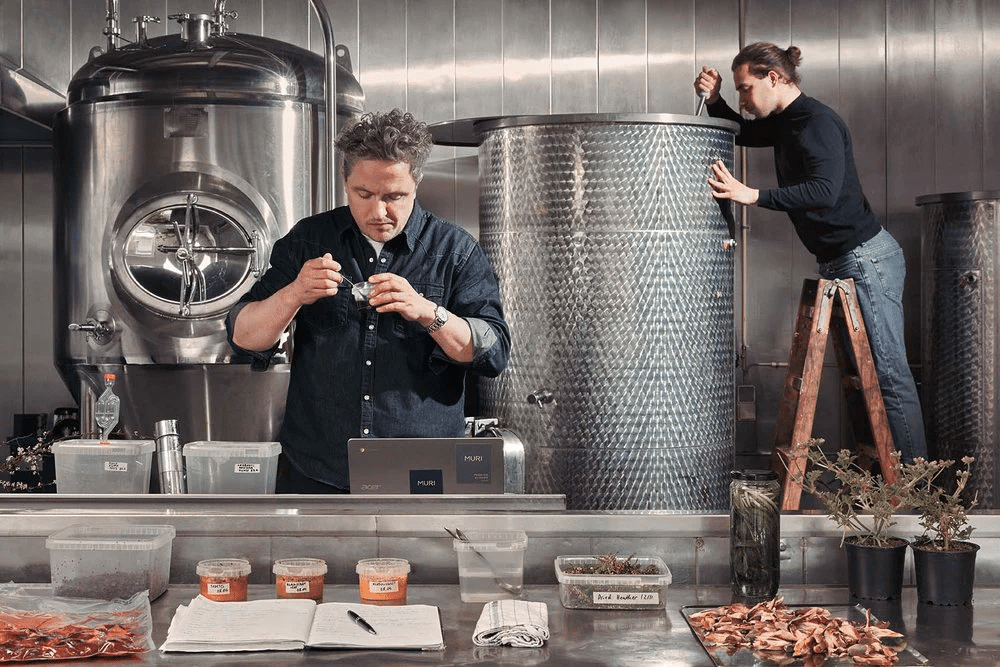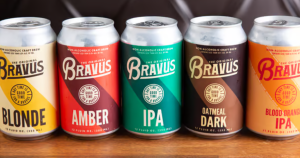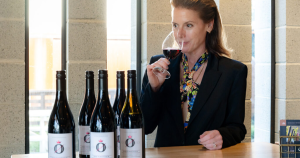If gastronomic adventure is your calling, then you may already be familiar with the food and beverage marvel that is Denmark. This tiny Nordic nation has shaken the culinary world with its relentless pursuit of innovation, challenging our perceptions of what a dining and drinking experience can be. From the unassuming streets of Copenhagen to the quiet countryside, Denmark is a canvas for food and beverage creativity.
This innovation is most famously exemplified by the Noma restaurant in Copenhagen, led by chef René Redzepi, which has repeatedly been named the world’s best restaurant. Noma, along with other Danish establishments, has played a pivotal role in revolutionizing the culinary scene with new fermentation techniques, reimagining traditional Nordic ingredients, and pioneering the “New Nordic” cuisine movement.
Denmark’s rise to culinary fame may come as a surprise to some, as the country doesn’t have the same deep-rooted food heritage as, say, Italy or France. But it’s this very absence of a dominating culinary legacy that has played a crucial role in Denmark’s culinary transformation. This relatively “blank slate” has provided Danish chefs and food companies with a canvas for experimentation and creativity, unencumbered by centuries of tradition. As a result, Danish cuisine has evolved dynamically, incorporating local ingredients and globally inspired techniques in a constant quest for innovation.
What else is fueling this innovation, you ask? A myriad of factors! The country’s rich agricultural landscape, as well as its robust research and development culture, have been key enablers. Universities and research institutes in Denmark are often involved in cutting-edge food technology and gastronomy studies, further boosting innovation. The country’s commitment to sustainability has also led to a rise in organic and locally sourced produce, further enhancing its unique culinary experience.
Among the gems that have emerged from Denmark’s innovative landscape is Muri, a gastronomic beverage brand known for its non-alcoholic fermented blends. On our recent trip to Copenhagen, we had the opportunity to go behind the scenes at Muri’s production facility and meet Ioakeim Goulidis, their Head of Research and Development. A food scientist and chef, Ioakeim embodies the spirit of Denmark’s culinary revolution. What drew him to this space? “There’s no limitation on what we can do,” he remarked.
At Muri, the team doesn’t seek to create wine proxies or even remotely familiar beverages. They’re crafting complex, intriguing concoctions that are meant to be appreciated for their own unique character. Beyond the complexity of actually producing Muri products, I was most interested to learn about the team’s creative process. Ioakeim noted they’re typically inspired by an unusual ingredient (e.g., pickled pine cones), or they’re trying to achieve a specific flavor profile. In this case, they’ll sometimes spend weeks identifying one key ingredient (e.g., smoked rhubarb).
Reflecting on our experience in Copenhagen, we couldn’t help but be inspired by this creative freedom and the ingenuity we encountered. It’s a testament to the power of open-mindedness, of not being bound by tradition, and embracing innovation with open arms.
As we sign off, we invite you to ponder on these questions: What does tradition mean in the context of food and drink? Is innovation an antidote or an enemy to tradition? And how do we find the balance that respects our heritage while also leaving room for the new? The answers may well lie in the cozy corners of a Danish cafe, in a glass of Muri’s Passing Clouds, or in the next gastronomic destination waiting to be discovered.
For more from Victoria, connect with her on Instagram.
Dry Atlas is a media company focused on alcohol alternatives. We deliver non-alcoholic beverage news, insights, and recs to over five million people annually. To stay up to date on all things non-alc, subscribe to our weekly newsletter.

